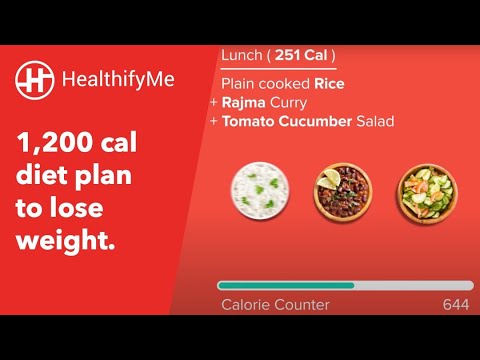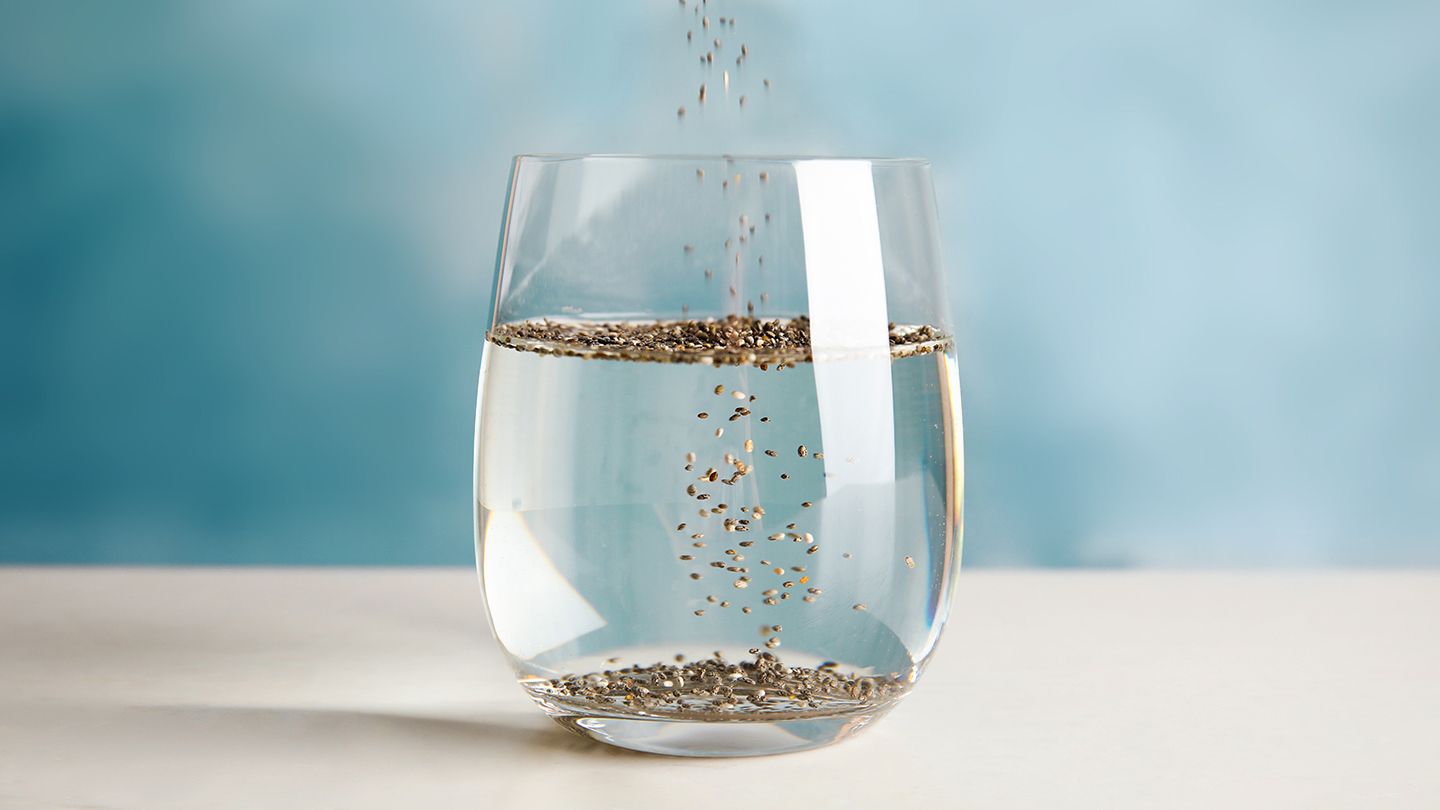
Air-popped popcorn
Popcorn is a great snack option that can help you lose weight. Popcorn is rich in fiber, which can help you feel fuller and regulate your metabolism. Additionally, fiber reduces the risk of heart disease and helps improve blood cholesterol levels. Popcorn is also a cheap and easy snack to find in most stores.
Eating popcorn is not a complete meal, and will require you to plan your meals. You will need to determine which meal to replace the popcorn and how much you can eat. Popcorn can contain between 23 and 50 calories depending on the seasoning. Follow the diet plan and you will see long-term results.
Whole grains
Popcorn is a great snack, and you can even get a lot of healthy fiber in it. Popcorn is made entirely from whole grains. That means that it includes all the parts of the cereal, including the germ. These whole grains contain a lot of nutrients, including dietary fiber, protein vitamins, minerals and beneficial fats. Whole grains are also beneficial to your digestive health. They promote regular bowel movements.

Popcorn is also full of fiber, which can help you lose weight. It contains only 90 calories and has a low caloric count. It is also free of gluten, non-GMO, low in fat, and has no GMO.
Fiber
Fiber is an important component of a healthy diet, and it is found in high amounts in popcorn. Insoluble fiber is not effective in weight loss. However, soluble fiber can prevent constipation and bulk up your stool. By binding to cholesterol in your digestive tract, soluble fiber lowers LDL ("bad") cholesterol. This keeps your bowel movements regular, and decreases your risk of developing heart disease.
Popcorn also has small amounts of magnesium and zinc, which are vital for bone, heart, and brain health. Popcorn also has small amounts of iron, thiamin and thiamin which are B vitamins. Popcorn contains fiber as well as antioxidants, betacarotene and also lutein which have anti-inflammatory benefits.
Protein
Protein is important for our bodies and essential for growth. It can also help maintain the health and cholesterol levels of your bowels. Amounts of amino acids found in protein foods can also help the body make new proteins. Although animal products can be a good source of protein. However, it is important for people to eat a wide range to get all the nutrients they need. Popcorn is a great snack option to add to your diet.

Popcorn has a high nutrition value. It is ninety calories in a cup, and contains no added preservatives. It is also gluten-free and free of GMOs. Eating popcorn in moderation may help you lose weight. You should choose a microwave-safe variety, as it is convenient. You should be aware that most microwave bags contain perfluorooctanoic (PFOA), a substance linked to ADHD and thyroid problems.
Saturated fat
Popcorn's high fiber content makes it an excellent choice for people who want to lose weight. It helps to regulate bowel movements, improve blood sugar control, and lower cholesterol levels. It helps you feel fuller for longer periods of time, which can reduce your cravings to eat sweets and fatty meals. But, be sure to watch out for added butter and salt. Fiber is listed under total carbs, but it does not have the exact same effect on blood sugar as refined carbohydrates. Fiber promotes regular bowel movements and slows digestion.
Popcorn is also low in calories, with only 90 calories per cup. It also contains fewer preservatives than other foods, and its crunch factor helps your body register fullness. It is gluten-free as well as non-GMO.
FAQ
How do I create an exercise routine?
It is important to establish a routine. You should know what you will do each week and how long. This helps you plan and prevents procrastination.
You should also ensure you have plenty to choose from when working out. You don't want to become bored with exercise because then you won't stick with it.
It is important to track your progress. It is important to keep track of how much weight you have lost and gained over time.
You can lose weight quickly if you do not gain weight. It's harder to stay motivated if you gain too many pounds.
Find a healthy balance between losing weight and gaining weight. If you are unhappy about where you are, it will make you less likely to exercise.
How long should I fast intermittently to lose weight
The answer may not be as straightforward as you think. It is important to take into account a number of factors when deciding the optimal days for fat loss. These include:
-
Your age. If you are younger than 40, intermittent fasting might be too difficult because you have less time for recovery after each fast. However, intermittent fasting may be too difficult for older people (over 60) who might not have the energy to continue a long period of daily fasting.
-
Your current body composition. You'll be most successful if you have lots of muscle mass. Shorter fasting might be more appropriate for you if you have less muscle mass.
-
How physically active. Regular exercise may mean that your fasting window needs to be extended to allow you to get sufficient rest between sessions.
-
Your medical history. Additional fasting monitoring may be required for certain medical conditions such as diabetes or heart disease.
-
How well do you tolerate stress? Stressful situations often make us eat less. To avoid this problem, you may need to increase the length of your fasting windows.
-
The type of diet you follow. Certain diets, like ketogenic diets, may require even longer fasting periods.
-
Your sleep quality. Lack of sleep has also been linked to increased appetite and decreased metabolism. It may take some trial and error before you find the right combination.
-
How much protein you eat. A higher intake of protein may result in lower blood sugar levels. This would allow for you to fast more often.
-
People who want to gain weight or lose it will need to fast for longer periods of time than those trying to lose.
-
What percent of your daily calories are you consuming during your fasting time? You may lose more weight if you eat fewer calories each day than if you eat more.
-
Your overall fitness. Fasters who are very fit tend to have higher metabolic rates, which allows them to burn more calories throughout the day.
-
Your gender. Men are more hungry than women so they may have to fast for longer periods. Women may only fast for 20-30 mins each morning because they have a smaller appetite.
-
Your lifestyle. Do you exercise a lot? Are you able to exercise several times per week? Is your job a long, sedentary one? These things could impact the speed at which you should go.
-
What amount do you spend on food each month? Eating healthy foods doesn't necessarily mean spending much money on groceries. Whole grains can be substituted for white bread, whole fruits can be purchased instead of candy bars and lean meats over fatty cuts.
-
You need to be able to control your hunger. If you don't want to skip meals, you might not need to fast as long as other people do.
What foods help me lose more weight?
It is possible to lose weight faster by eating fewer calories. You have two options:
-
Reduce the calories you eat each day.
-
Physical activity can help you to burn more calories.
Reducing the number of calories you eat is easier said than done. Everywhere you turn, there are many calorie-dense fast foods. Here are some foods that can help you lose those extra pounds.
-
Beans are high in fiber and protein. They are low in calories, so they're a good choice for people who want to lower their caloric intake.
-
Oatmeal has low calories, but high levels of nutrients such as magnesium and potassium. It also has less sugar than most other cereals.
-
Eggs are high in cholesterol and protein. Eaten eggs one or two times a week can help boost metabolism and allow you to burn more calories.
-
Whole grain bread may help you feel fuller, longer.
-
Dark chocolate is high in antioxidants, flavonoids and other substances that have been linked with lower blood pressure and better heart health.
-
Cottage cheese is rich with calcium, which helps build strong bones. It also provides a good source of vitamin D, which boosts immunity.
-
Omega-3 fatty Acids are a key component of salmon. They promote brain development, and improve cardiovascular function.
-
Green tea is full of catechins which are compounds that increase metabolism and fight cancer.
-
Broccoli is a great source of folic acid, which reduces homocysteine levels in the blood. Homocysteine high levels are associated with increased heart disease risk and stroke.
-
Yogurt is a great way to add probiotics into your diet without loading up on added sugars. Probiotics play an important role in digestive health.
-
Berries are a delicious snack option that's also very nutritious. There are many great sources of vitamins, minerals in blueberries, strawberries, blackberries and raspberries.
-
Avocados are rich in healthy fats. Half an avocado is only 80 calories, but it contains plenty of fiber and potassium.
-
Nuts are delicious snacks that also provide a lot of protein. Nuts include cashews (almonds), hazelnuts (pecans), walnuts, walnuts, and pistachios.
-
Sweet potatoes, another starchy vegetable, are rich in beta-carotene which gives your skin a glow. The orange sweet potato variety has a higher level of beta-carotene than regular sweet potato varieties.
How often do people fast regularly?
A majority of ketogenic dieters fast one week. But, some people fast twice per week. Some others fast three days per week.
Every fast is different. Some fast for 24 hours while others fast for 48.
Some people will even travel more than 72 hours. These extreme cases are rare.
Is there a difference in intermittent fasting and calorie restrictions?
Calorie restriction refers to eating less than what your body requires. Intermittentfasting is different as it doesn’t require you to restrict your calories. Intermittent fasting focuses more on eating fewer calories every day.
Intermittent fasting can be more effective as it allows you to eat the foods you love and not feel guilty.
Both methods have their advantages and disadvantages. You will need to decide which method is best for you.
Statistics
- A 12-week study in 20 women with obesity found that walking for 50–70 minutes 3 times per week reduced body fat and waist circumference by an average of 1.5% and 1.1 inches (2.8 cm), respectively (healthline.com)
- It's estimated that half of all American adults attempt to lose weight every year (1Trusted (healthline.com)
- One 6-month study showed that simply doing 11 minutes of strength-based exercises 3 times per week resulted in a 7.4% increase in metabolic rate, on average. (healthline.com)
- One study in 9 active men found that HIIT burned 25–30% more calories per minute than other types of exercises, including weight training, cycling, and running on a treadmill (18Trusted Source (healthline.com)
External Links
How To
How to exercise for weight loss
One of the best ways you can lose weight is to exercise. Many people are not aware of how to properly exercise. Cardio exercises include walking, running, swimming and cycling. Strength training should also be included such as lifting weights, doing pushups, pullups, squats, lunges etc. Combining these types of exercises is the best way to lose weight. Begin exercising by finding friends to help you. You can exercise at a gym or simply walk around the block. No matter what type of exercise you choose, it is important to stick with it. It's easy for things to go wrong when you start exercising. Keep going!